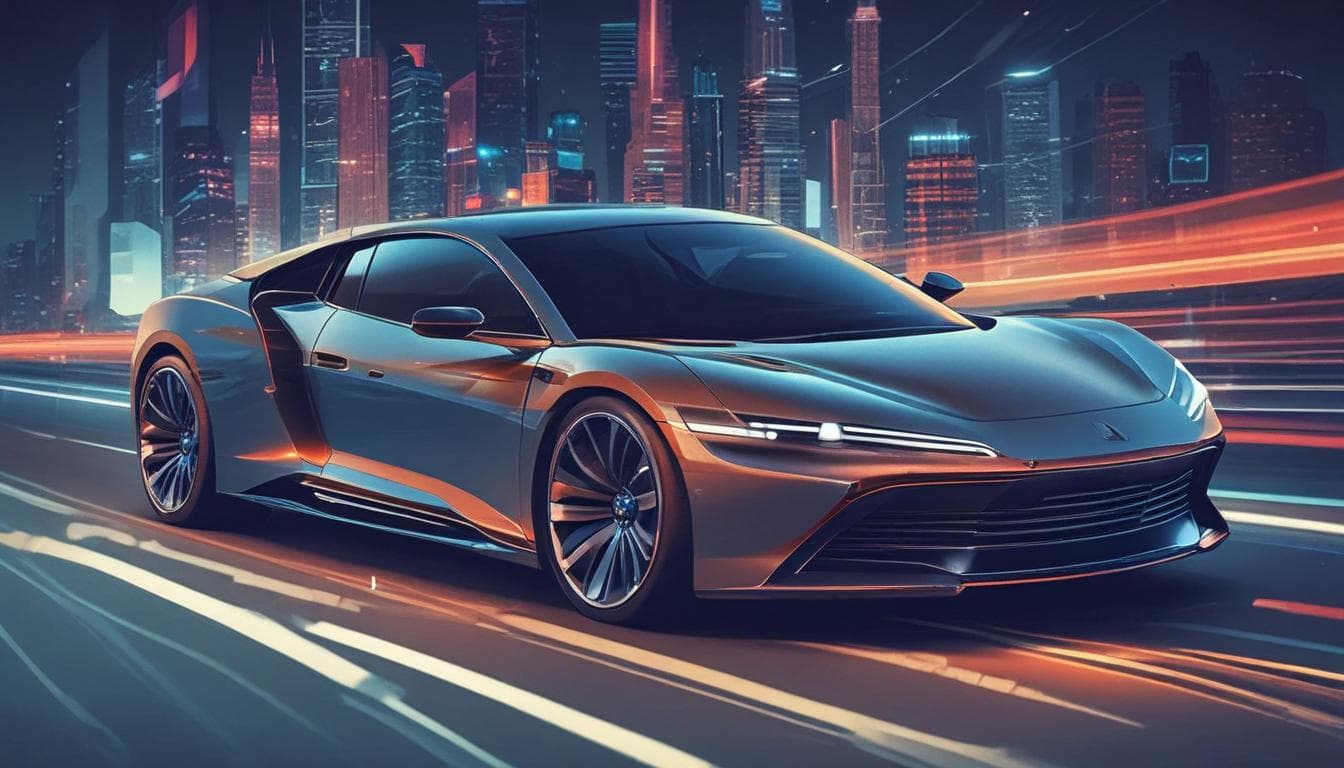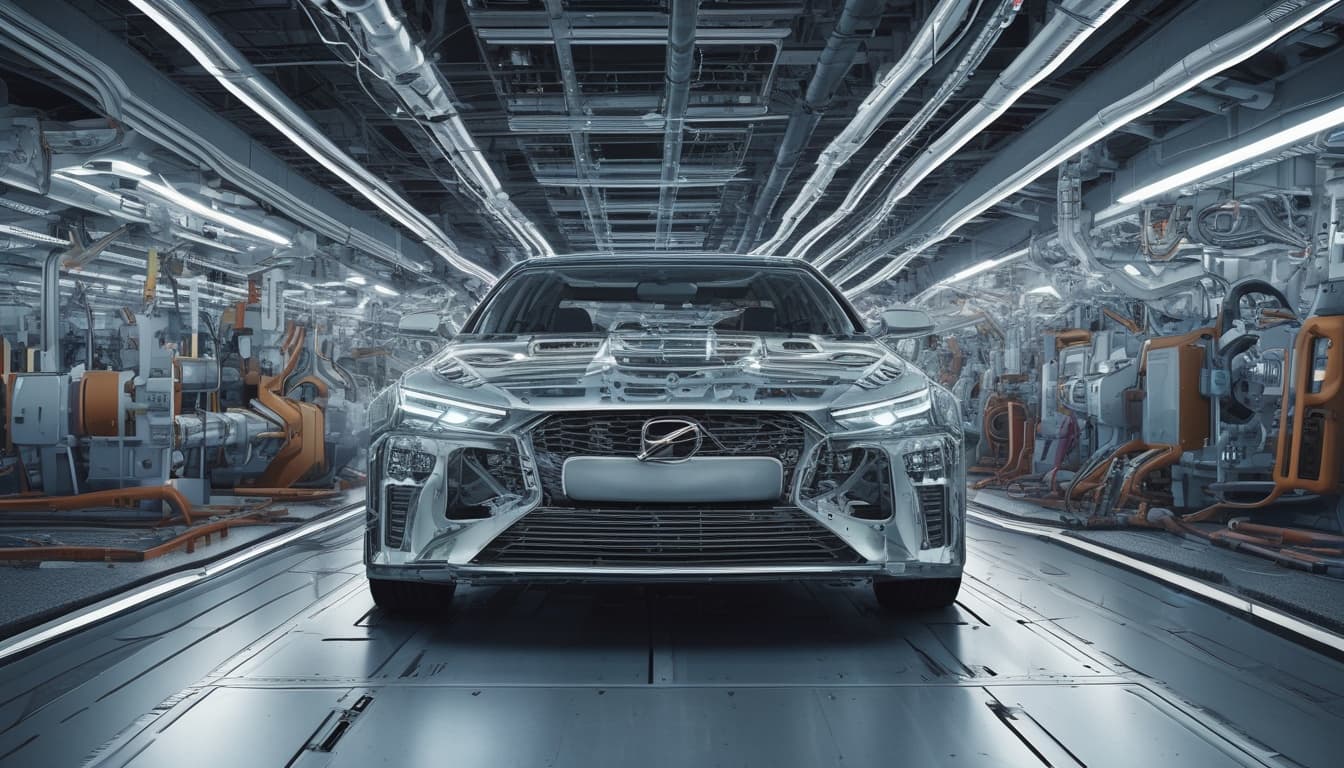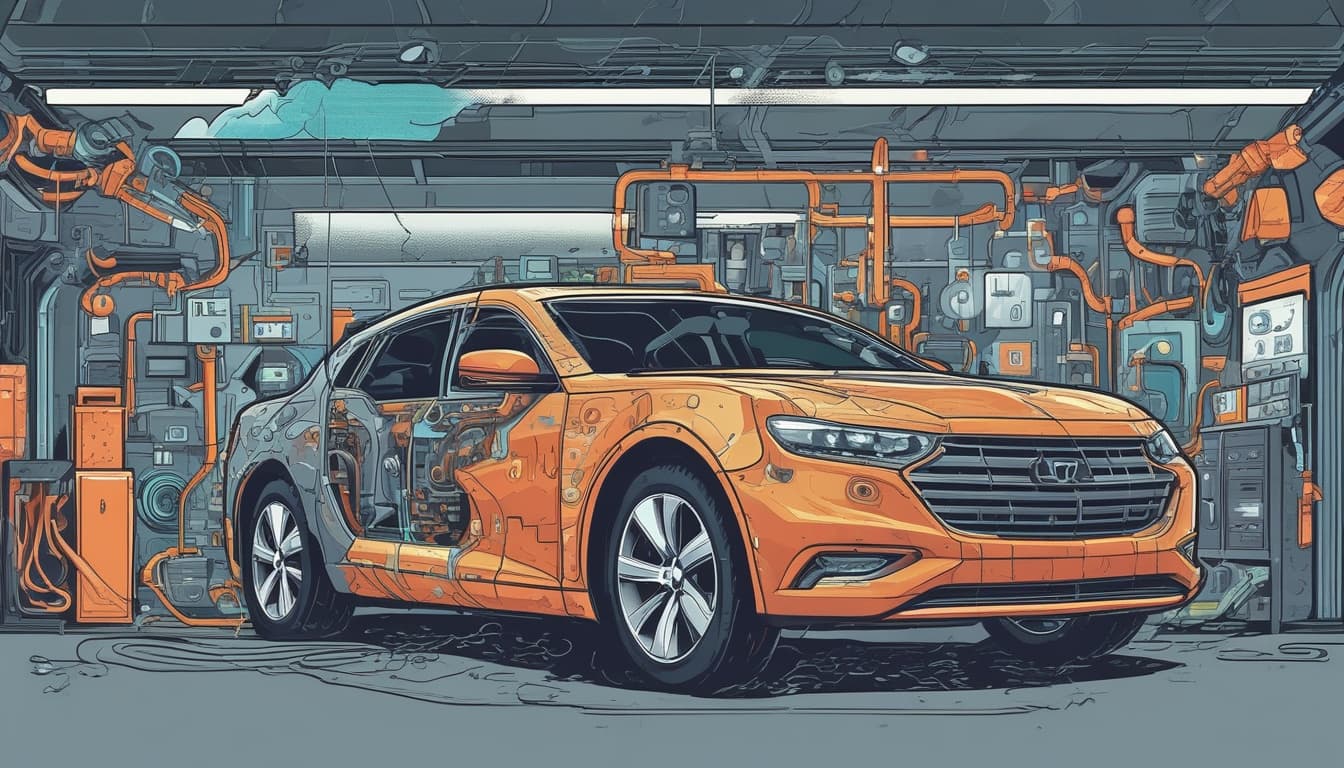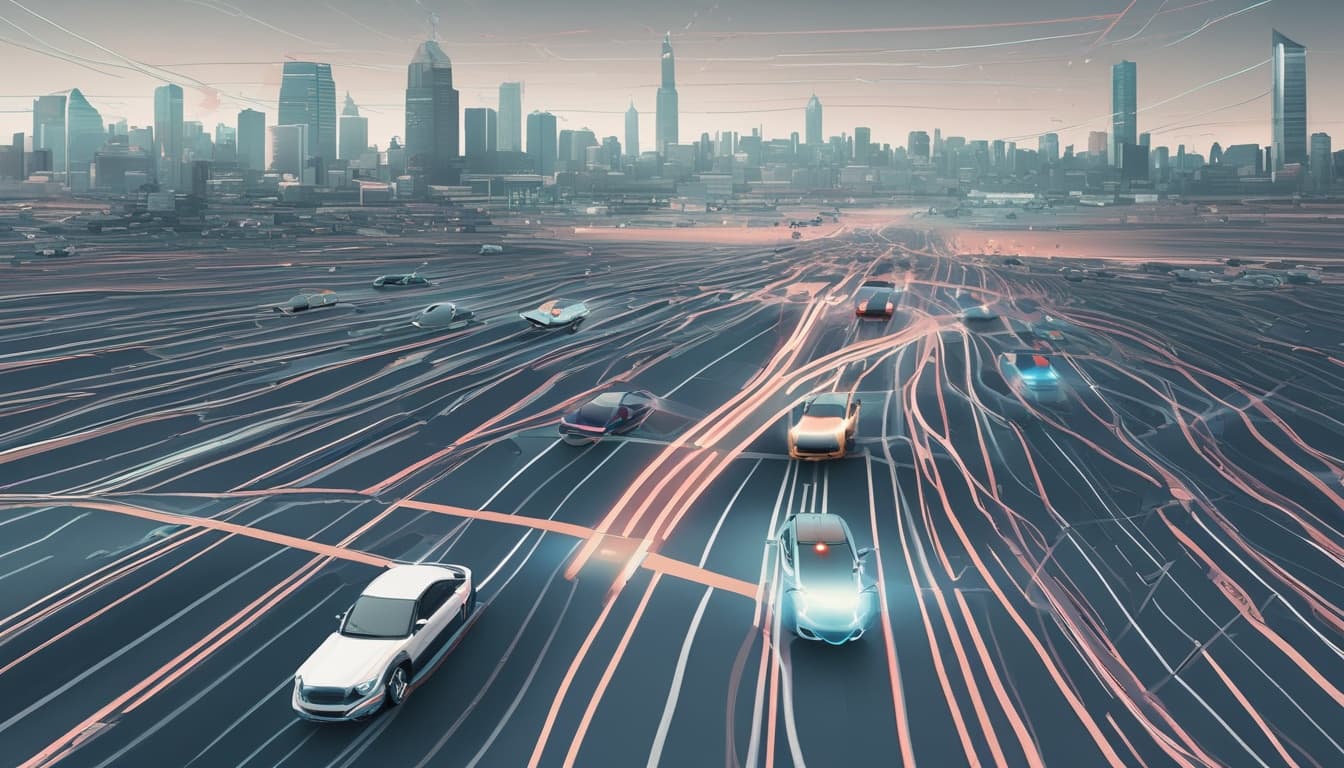Imagine a future where your vehicle isn't just a mode of transport but an active participant in your well-being, continuously monitoring your biometric data – from heart rate to stress levels – and subtly adjusting its environment, lighting, and even driving style to optimize your mood or focus. Beyond mere personalization, what ethical lines might be crossed when cars become 'emotional orchestrators,' and how could this profound level of influence reshape our relationship with driving and our very sense of self?
The concept of vehicles evolving into 'emotional orchestrators' that monitor biometric data and adapt their environment raises profound ethical questions. While advances in in-cabin sensing and AI-driven personalization—covered in articles on the vigilant vehicle and next-generation human-machine interfaces—promise to enhance comfort, they also pose risks related to privacy, consent, and psychological manipulation. For instance, continuous biometric monitoring requires stringent safeguards to prevent misuse or unauthorized data access.
Furthermore, the idea of cars subtly influencing mood or focus could blur the line between helpful assistance and emotional intrusion, potentially leading to dependency or emotional attachment that impacts autonomy. It's essential for industry stakeholders to establish clear ethical guidelines, transparency, and user control options.
This evolution could fundamentally reshape our relationship with driving—from a task to a deeply personal experience—and challenge our understanding of self-awareness and autonomy. As discussed in the future of personalized in-car experiences, ensuring these technologies serve users ethically will be vital in maintaining trust and safety in the age of smart, emotionally aware vehicles.
استكشف المزيد حول هذا الموضوع
انضم إلى المحادثة
- سيارات عضوية قابلة للتحلل: مستقبل صناعة السيارات؟
هل يمكن تصنيع سيارات من مواد عضوية قابلة للتحلل؟ كيف سيؤثر ذلك على صناعة السيارات؟ وما هي التحديات التقنية المتعلقة بالمتانة والأداء؟ شارك برأيك حول مستقبل السيارات العضوية.
- سيارة ذكية تعكس هويتك: هل سيُحدث الذكاء الاصطناعي ثورة في عالم السيارات؟
تخيل سيارة تتكيف مع حالتك المزاجية، وتفضيلاتك الموسيقية، وحتى أسلوب قيادتك! هل يمكن للذكاء الاصطناعي تصميم سيارة تعكس هويتك بالكامل؟ شاركنا برأيك حول مستقبل صناعة السيارات.
- تصميم سيارة ذكية تعكس هويتك الثقافية: هل هذا ممكن؟
تخيل سيارة مستوحاة من فن العمارة الإسلامية أو الخط العربي أو حتى الموسيقى. هل يمكن للذكاء الاصطناعي تصميم سيارة تعكس هويتك الثقافية؟ ما هي المزايا؟ وهل ستعزز هذه التقنية الهوية الثقافية في عالم السيارات؟ انضم للمناقشة!





